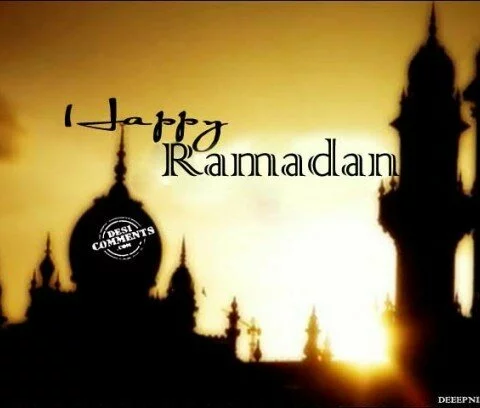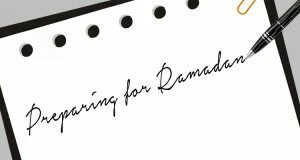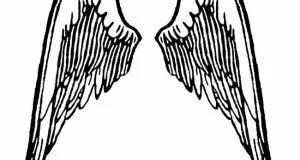The holy month of Ramadan is divided into three sets of 10 days, with each set known as a decade. Each decade has its own particular importance: the first decade is the decade of mercy, the second decade is for forgiveness and the third one is for freedom from hell.

All Muslims are urged to seek Allah’s mercy as His mercy is at its peak during the entire month. Muslims are also required to show mercy towards fellow beings, as a hadith says:
“Anyone who does not show any mercy will not be shown any mercy. Anyone who does not forgive will not be forgiven. Anyone who does not turn in repentance will not be turned to nor will he be guarded or protected“.
The second decade is the decade of forgiveness. All Muslims are supposed to seek forgiveness in these days, they have witnessed the mercy in the first ten days and now it is time for repentance. Those who repent on their sins are forgiven by Allah for their bad deeds. The Arabic term for this decade is the ‘Ashra of Maghfirat’. Maghfirat means forgiveness and ashra is the Arabic word for a decade or ten days. This short article will focus primarily on the middle ten days of Ramadan. It will give you a concise description of the blessings of this Ashra and its significance, as narrated inAhadith.
The Holy Prophet used to perform ‘Itikaf’(solitude) in the middle ten days of Ramadan.On one occasion, the prophet (S.A.W) said:
“It (Ramadan) is the month, whose beginning is mercy, its middle, forgiveness and its end, emancipation from the fire (of hell) “.
This Hadith Clearly portrays the fact that Allah forgives our sins in these middle ten days of Ramadan so it is our duty to seek forgiveness. We are also supposed to forgive others in this decade as Allah does not forgive those who do not forgive others. When a Muslim considers the blessings of Allah in this month, he curses on his past sins, and in an endeavor to purify from all of them he begs to Almighty for a pardon. The mercy of Allah is at peak in this holy month, and by His commandment the Satan is fettered, so it is a wonderful opportunity for the Muslims to exercise Tauba (prayer for forgiveness) because there is a good chance that they may be pardoned with Allah’s mercy.
Along with fasting, Tarawih prayers are another special feature of the month. Muslims usually cover one third of the Holy Quran in the middle ten days of Ramadan by reciting the Surahs (chapters) of Holy Quran in these prayers. These prayers also lead a Muslim closer to his Lord, so his play for forgiveness becomes more effective. In a nut shell, all worships and practices of this month, and especially the middle decade, must focus on asking the Almighty for forgiving the person’s past deeds.
 Islamic Culture & Photo Blog – Muslim Blog Muslim Blog
Islamic Culture & Photo Blog – Muslim Blog Muslim Blog





